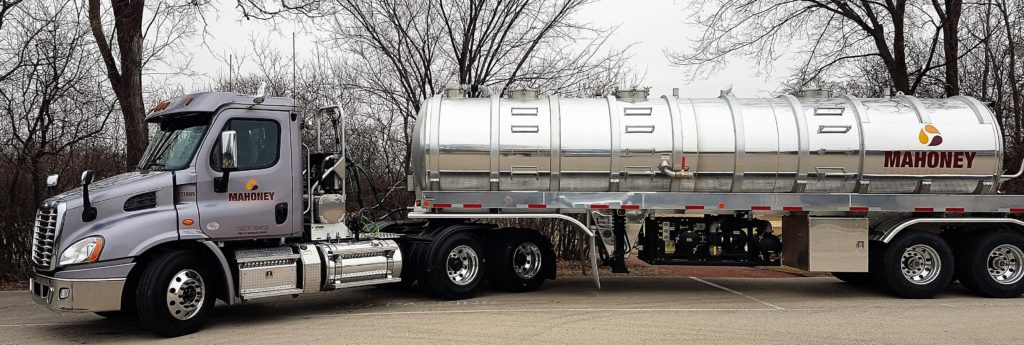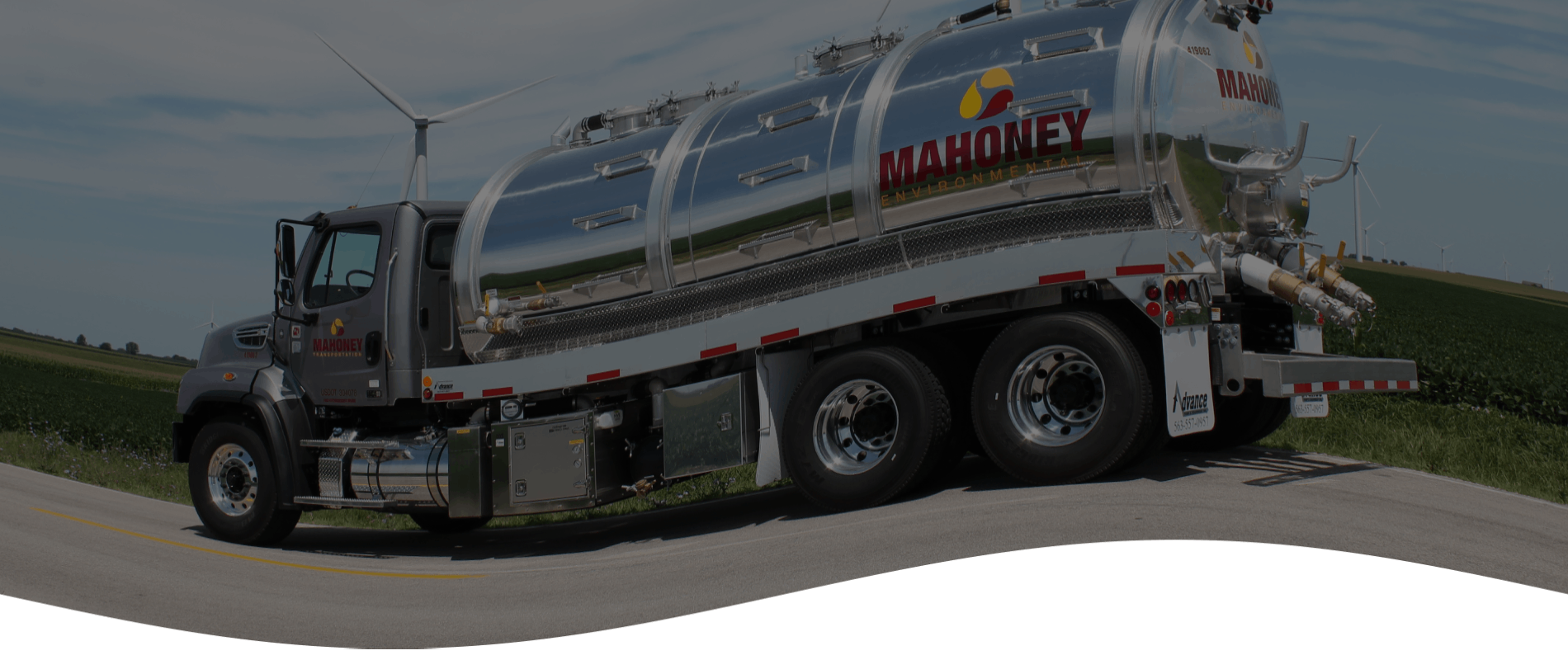The coronavirus pandemic has taken a devastating toll on the nation’s economy. The restaurant industry has taken one of the hardest hits. As of May 2020, the number of seated restaurant diners is down by a remarkable 100 percent. Yet, running a restaurant amidst the crisis is doable.
Government-ordered closures of bars and restaurants are among the top reasons that restaurants have seen a dwindling patron count. Due to social distancing measures enforced in public places, fewer customers frequented restaurants during the first few months of the year (March until May).
However, now that state and local governments are gradually reopening the country, restaurant owners are brainstorming creative strategies to return to being profitable. Personal hygiene practices will take precedence but so will implementing new ways to keep customer coming through the doors.
1. Communicate
Frequent updates to the community allow restaurant owners to both inform and reassure their customers. Restaurant owners who let patrons know that they are engaging in strict safety precautions will ease the worry plaguing many patrons during the current health crisis.
Social media is just one tool in the restaurant owner’s toolbox. Aside from regular posts to popular social media channels are personal emails, weekly newsletters, and texts. Restaurant owners have plenty of ways to let their customers know that patronizing their establishment is safe.
Additional options include posting brief videos about the safety measures being taken in the restaurant. Videos may be added to social media, newsletters, and the restaurant’s website. The website should inform customers that the restaurant is open and include hours of operation.
Emails sent while many people are stuck inside are likely to be opened, read and well-received. Entice customers with colorful photos of delicious menu options and welcome patrons to dine in. Add a positive greeting from the restaurant owner to encourage customers to return.
2. Adapt
Restaurants that have previously focused on the experience of “dining in” should reconsider their business model. While social distancing is enforced, keeping patrons six feet away from others is likely to reduce the maximum number of customers in the restaurant at once.
Resolve the capacity crisis by offering takeout orders. Delivery options may be new to some restaurant establishments, but a few tweaks to standard operations will ensure that the restaurant continues to stay afloat financially and earn revenue during the Covid-19 pandemic.
Designate specific pick-up zones so that customers may safely receive their orders while maintaining an appropriate social distance. Offer “no touch” deliveries. When food is ready for pickup, send text alerts, call patrons or set up a table outside from which they may pick up their food.
If free delivery has never been an option, consider adding this convenience during the coronavirus pandemic. Restaurants will keep employees working when these staff may otherwise have been furloughed. During deliveries, utilize hot boxes to ensure food remains at the ideal temperature.
As customers become increasingly acquainted with placing online orders, be sure to simplify the process. Give patrons the options to pay for food in person, online or by phone. Even after the pandemic, customers are likely to continue supporting restaurants with online orders.
3. Sanitize
Running a restaurant amidst the coronavirus pandemic requires more stringent sanitization practices. Handwashing with soap and water for 20 seconds, especially after using the restroom, blowing one’s nose or coughing, handling high touch surfaces and after eating, should be compulsory.
In addition to enforcing proper hand hygiene among employees is the sanitization of high touch surfaces inside the restaurant. Countertops, keypads, insulated food delivery bags and the restaurant vehicle should be frequently cleaned and disinfected to disable possible remnants of the coronavirus.
All staff should be required to wear personal protective equipment (PPE), such as face masks and disposable gloves, when working inside the restaurant or delivering food. Conduct regular temperature checks of employees prior to each shift and send symptomatic personnel home.
Discontinue salad bars and buffets where patrons share utensils. Similarly, begin using recyclable menus, so that restaurant customers do not touch materials handled by others. Consider placing sanitary individual fork dispensers at the front of the house. Re-invent shared-plate models.
While current research suggests that the coronavirus is not transmitted through food, practicing food safety is essential. Food safety guidelines recommend that products prepared for consumption must be cleaned, separated, cooked, and chilled to prevent disease-causing pathogens from contaminating food.
Fixtures inside the restaurant that are repeatedly touched by employees or customers should undergo regular cleaning and disinfecting. Doorknobs, checkout counters, card readers and cooking equipment handles are examples. Floors and surfaces should also be disinfected with an EPA-approved disinfectant.
Handling cash can lead to the transmission of germs and infection-causing viruses. In efforts to go cash-less, some restaurants are encouraging customers to use credit cards, payment apps and debit cards instead. Restaurant owners should make card readers available to limit the exchange of germs.

While you are implementing new tactics to better retain restaurant customers during the Covid-19 pandemic, consider Mahoney Environmental to collect and recycle your business’ cooking oil. We’ll turn recycled cooking oil into renewable diesel and sustainable aviation fuel —thereby protecting the environment.
Mahoney Environmental serves restaurants in more ways than one. In addition to cooking oil collection, our comprehensive services include commercial grease trap cleaning for both indoor and outdoor grease traps in commercial kitchens. We also take pride in cooking oil equipment installation and design.
Restaurant owners who rely on deliveries of fresh cooking oil can count on Mahoney Environmental. Our advanced services include the ability for restaurant establishments to conveniently monitor oil usage online and schedule the timely deliveries and pickups of cooking oil.
Join the Preferred Oil Program offered by Mahoney Environmental so that all your cooking oil needs are met. We’ll tailor a cooking oil recycling program, ensuring that your employees, customers and the environment are protected. We serve America coast-to-coast including all types of restaurants and commercial kitchens. Call us at (800) 892-9392 for details.



 Call Us Now (800) 892-9392
Call Us Now (800) 892-9392